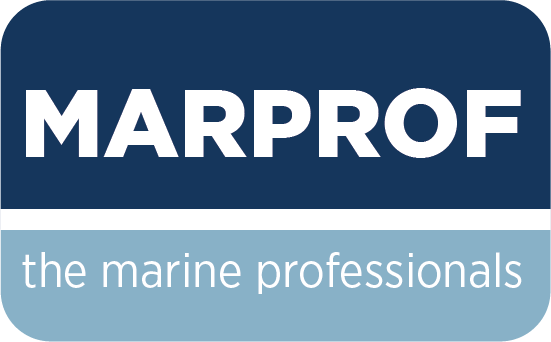A short blog this week since Robin and I are working flat out on various projects. So more a contemplative session this time, focusing on ISO ship recycling facility certification – what’s out there, and how can you tell if it’s worth the paper it’s printed on?
ISO 30000:2009 Specifications for management systems for safe and environmentally sound ship recycling facilities
ISO 30000 certification is much maligned these days, which is a real shame. It was intended to be a robust and relevant standard – and there’s no reason why it shouldn’t be.
You’ll have to take Marprof’s word on this, of course. Conflict of interest alert: Robin was the ISO project leader for the standard…!
Almost as soon as it was published, ISO 30000 was seized upon by companies who wanted bits of paper on the wall, and by certifying companies prepared to issue worthless pieces of paper for cash. Suddenly, everyone was receiving or handing out ISO 30000 certification. Suddenly, holding an ISO 30000 certificate became rather pointless.
Or did it?
Fortunately, dodgy certifiers don’t completely devalue ISO, or the contents of ISO 30000 – they simply discredit the certification process.
With this in mind, we recommend that shipowners and other stakeholders should look out for the different levels of certification:
Self-certification The lowest form of ISO 30000 – completely pointless
Second party Certification by an interested organisation, taking an active but not independent interest
Third party Another organisation issuing certification
Independent third party As above, but demonstrably independent
Accredited The holy grail: An independent specialist third party that itself conforms to strict standards in order to be accredited to issue the certification. Such certification may be enshrined in local legislation.
Our advice: Take the ISO 30000 certificate off the wall and file it in the bin; unless it’s truly independent and/or accredited.
IMO Convention and EU Regulation
The shipping industry needs and deserves certification it can rely on. That means certification that is open to scrutiny and challenge.
Unfortunately, neither Hong Kong Convention statements of compliance nor the EU List are transparent to the general public. As such, both certification systems can easily be supported or discredited, depending on your interests.
I could write a compelling and factual argument for Hong Kong Convention ship recycling facility certifications. I could then get up, make a nice cup of tea, and write an equally compelling and factual argument against.
Recently published quotes attributed to the UN Special Rapporteur included the following damning statement:
“I thoroughly studied the management structure of one of the certification companies – ClassNK. This shows that such private companies do not operate independently at all and should rather be seen as extensions of the shipping industry. The question is therefore what the authority is of the certificates they issue or of such a company itself.”
Where does a statement like that leave the recyclers, and the shipping industry as a whole? Can it be true and, if so, can it be true for all private company certifiers?
What on earth is the poor shipowner, so heavily reliant on classification society certifications, meant to do now?
I’m pleased to say that we’ll tackle both IMO and EU ship recycling facility certification head-on in Marprof blogs over the coming weeks.
Independently, of course…!


Recent Comments